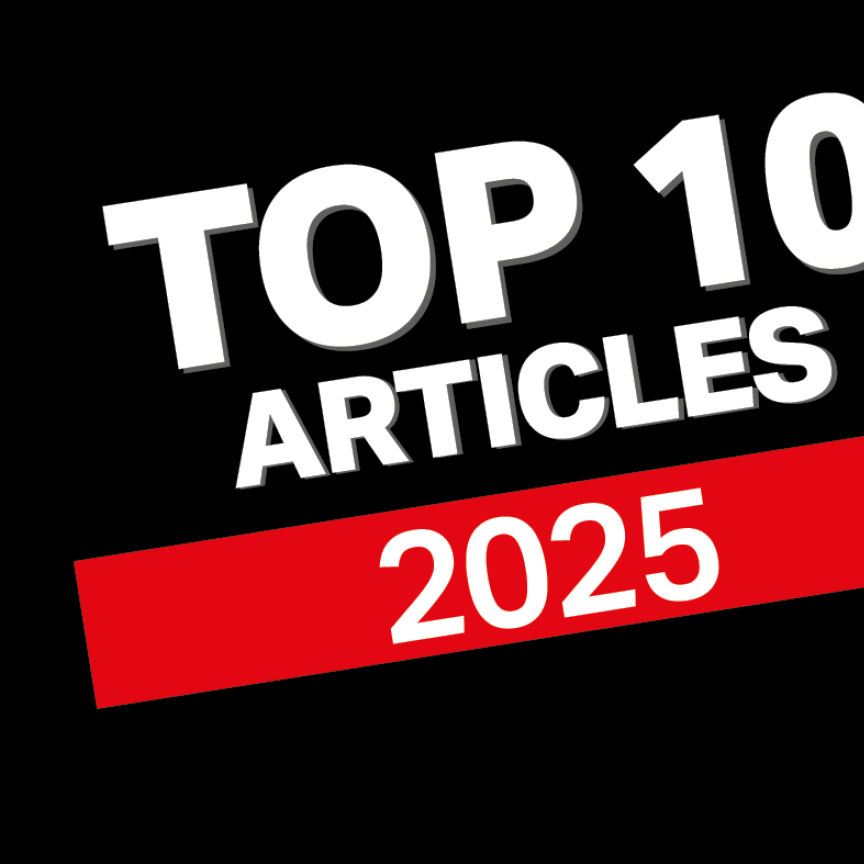The European Commission department charged with growth in digital technologies, DG Connect, has set policies for its staff ensuring female representation at conferences and events. The action is anticipated to play an important role in encouraging more women to enter and remain in scientific and technical careers, where female representation remains low.
DG Connect's new policies for its events and staff consist of: always including at least two women speakers at DG Connect events; to no longer accept invitations to speak on all-male panels or at all-male conferences organised by outside stakeholders; and, when speaking at events outside the EU or for which the organiser is not a European affiliate, to encourage the organiser to ensure better representation for women.
‘These decisions are very important in making visible the work done by female scientists in science and technology,’ said SPIE past president María Yzuel of the Universitat Autònoma de Barcelona. ‘Role models are important for female students to see that there are high-level women in these fields.’
Yzuel noted that, in general and moreso in some countries than others, science and engineering are seen as fields for men at secondary schools, and that many young women choose not to pursue a profession or career as a scientist after earning a bachelor or master degree.
‘Government agencies and companies are talking much about the attraction of talent,’ Yzuel added. ‘Decisions like the one taken by DG Connect should encourage women to take scientific or technical degrees, and PhD students and early-career professionals to stay in the field.’
Women’s salaries also continue to lag in most areas of the world, according to the 2015 Optics and Photonics Global Salary Report released this week by SPIE. The survey revealed that overall median annual salaries in optics and photonics were $68,254 for men, compared to $48,254 for women.
‘DG Connect is to be congratulated for specifying actions that will ensure more recognition for women, and will encourage more female students and young professionals to enter and remain in scientific and technical fields,’ said Dr Eugene Arthurs, CEO of SPIE. ‘The world’s needs for technology advances in communications, healthcare, energy, and other areas are continually growing. To meet future needs, we will need the benefit of perspectives, insights, and intellect of the entire workforce, and cannot afford to discourage the 51 per cent who are women from providing their contributions.’
Yzuel noted that SPIE has already been working in this direction through its Women in Optics programme, conference organisation, and other areas. These activities help to highlight the fact that there are women working in the field who are producing excellent work, and to promote networking, she said.
Arthurs noted that over the last five years, SPIE has seen a 25 per cent rise in female representation among the society’s membership, and participation in its conferences has grown as well.
‘We continue to work toward greater equity, and are encouraged by this strong action on the part of DG Connect,’ he said.
Related stories
Further information

